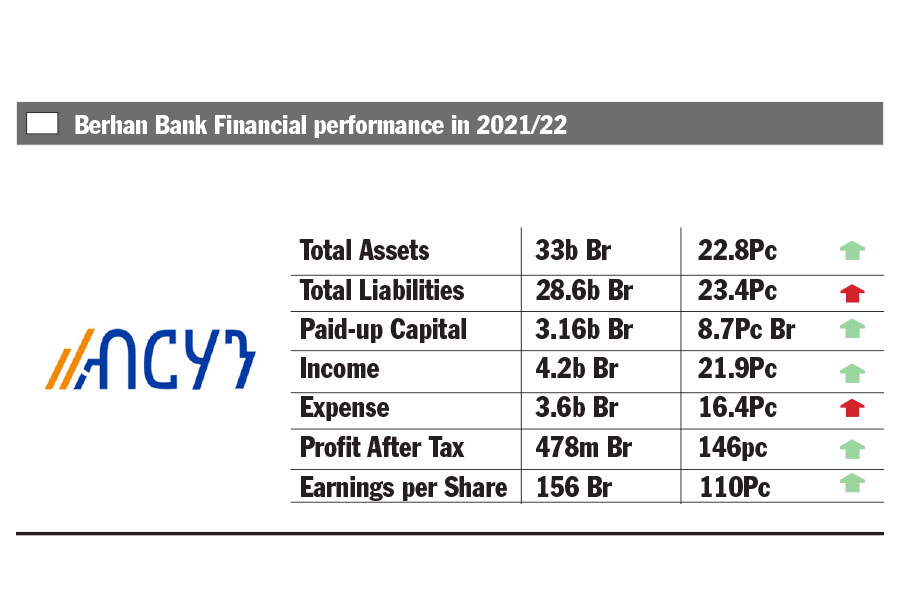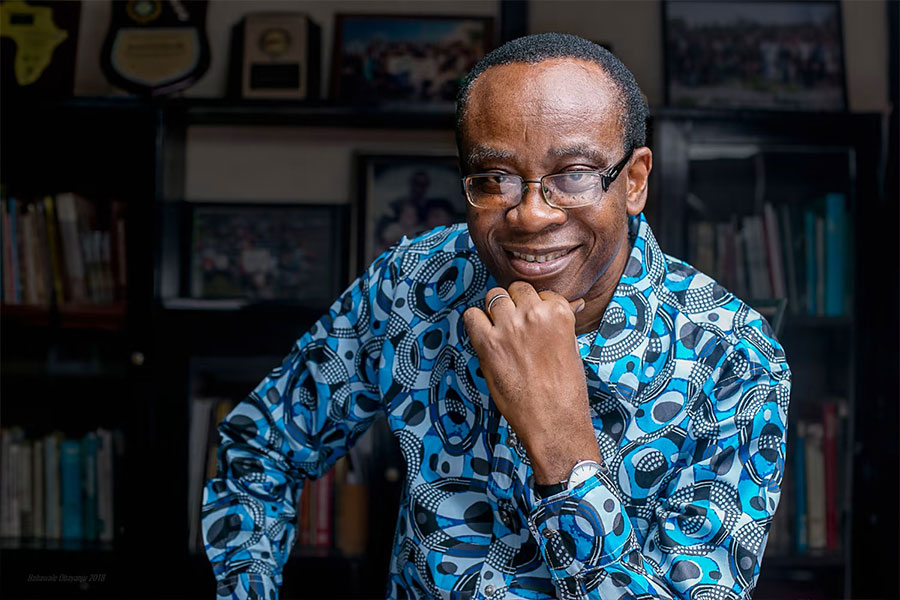
Commentaries | Apr 16,2022
Feb 1 , 2020
By
I attended an informal gathering of minds over the weekend. We were a small group of individuals with diverse backgrounds who met in a modest apartment and discussed and debated over coffee, chips and cookies.
The theme of the debate was the memorialisation of victims in post-conflict countries. We discussed how the case of South Africa, in the post-Apartheid period, contrasted with that of post-genocide Rwanda. The former - despite the flaws of the settlement that Nelson Mandela and F. W. de Klerk negotiated - allowed the democratisation of the narrative, while the latter merely staged a reconciliation.
Most of us were in agreement about a lot of these issues. There needs to be a discussion for there to be a reconciliation. And even that is not an end goal. It is a process that has to continue far into the future to ensure the functioning of society and to keep at bay a cycle of violence.
What there was not complete agreement on was who was to blame, especially in the Rwandan case.
The Belgians, their European colonisers? The Tutsi, the supposed settlers? The Hutu population that sympathised with genocidal leaders? The soldiers that participated in the killings? The Interahamwe?
Better yet, who is to blame for our current state of sociopolitical disorganisation?
Regimes are the usual punching bag. We separate them from any lingo-cultural, national or religious reasons they gave to justify their rule (to make the argument appeal to all groups), and declare them the chief architects of all of Ethiopia’s woes.
When we are not blaming regimes, we hold the elite responsible. These people use us as pawns, we maintain, and we are fodder for their ideological, economic and power ambitions. They flirt with ideas and concepts that neither apply to our history nor consider our “unique” collective consciousness, or so we believe.
But even their existence does not fully paint the picture for us. We tell ourselves that it has to be the White Man. He – not she - is everywhere, behind the scenes. He orchestrates every regime change, keeps every authoritarian in power and sponsors every rebel that roams the forests. And, of course, every Western journalist in Ethiopia is a CIA or an MI6 agent.
There may be some truth to some of these claims. But not withstanding their validity, regimes in Ethiopia still do deserve their fair share of the blame.
But what has society ever done about it? Was the average Abebe a mere instrument? Was society the victim all along and everyone else a perpetrator?
It is doubtful. Society does not get off scot-free. In fact, our inability to ensure societal progress and political maturity has in large part to do with the average Abebe of subsequent generations than not.
But the diffusion of guilt remains a highly controversial topic. We may not have a problem assigning guilt to society, but we find it hard to take off even the smallest of responsibility from the shoulders of regimes, the elite and world superpowers for the misery generations have been put through.
This discussion, however hard to swallow, is impossible to avoid though. The American founding fathers, including George Washington, Benjamin Franklin and Thomas Jefferson, had mentioned virtuous people as a prerequisite for freedom and self-government. They believed that no constitution or no elite could save a society that is corrupted at its core. The people are the last lines of defence.
But the argument that the public does not deserve its fair share of responsibility for its own failure reduces a mass of people to mere cattle with absolutely no chance of deciding their fate.
I am completely sympathetic of the bleak, totalitarian oppression a government can subject its people to. But whether we should allow citizens the benefit of the doubt for being duped by obviously authoritarian leaders – like the Germans in the 1930s or the Americans in 2016 – is something I debate every day.
If we are willing to give people the vote, then should we also not expect them to rebut propaganda that is obviously designed to keep only a few in power? If we are so enamoured with the idea of self-governance, then should we also not hold the populace responsible for failing to be informed, especially in an environment where information is abundant?
We cannot have it both ways. Should we?
PUBLISHED ON
Feb 01,2020 [ VOL
20 , NO
1031]

Commentaries | Apr 16,2022

Fortune News | Nov 12,2022

Viewpoints | Jul 10,2021

Sunday with Eden | May 03,2025

Viewpoints | Nov 06,2021

Commentaries | Sep 26,2021

Viewpoints | Nov 21,2018

Radar | Dec 04,2022

Exclusive Interviews | Jan 07,2023

Sunday with Eden | May 18,2024

Photo Gallery | 173614 Views | May 06,2019

Photo Gallery | 163834 Views | Apr 26,2019

Photo Gallery | 153843 Views | Oct 06,2021

My Opinion | 136537 Views | Aug 14,2021
Editorial | Oct 11,2025

Dec 22 , 2024 . By TIZITA SHEWAFERAW
Charged with transforming colossal state-owned enterprises into modern and competitiv...

Aug 18 , 2024 . By AKSAH ITALO
Although predictable Yonas Zerihun's job in the ride-hailing service is not immune to...

Jul 28 , 2024 . By TIZITA SHEWAFERAW
Unhabitual, perhaps too many, Samuel Gebreyohannes, 38, used to occasionally enjoy a couple of beers at breakfast. However, he recently swit...

Jul 13 , 2024 . By AKSAH ITALO
Investors who rely on tractors, trucks, and field vehicles for commuting, transporting commodities, and f...

Oct 11 , 2025
Ladislas Farago, a roving Associated Press (AP) correspondent, arrived in Ethiopia in...

Oct 4 , 2025
Eyob Tekalegn (PhD) had been in the Governor's chair for only weeks when, on Septembe...

Sep 27 , 2025
Four years into an experiment with “shock therapy” in education, the national moo...

Sep 20 , 2025
Getachew Reda's return to the national stage was always going to stir attention. Once...

Oct 12 , 2025
Tomato prices in Addis Abeba have surged to unprecedented levels, with retail stands charging between 85 Br and 140 Br a kilo, nearly triple...

Oct 12 , 2025 . By BEZAWIT HULUAGER
A sweeping change in the vehicle licensing system has tilted the scales in favour of electric vehicle (EV...

Oct 12 , 2025 . By NAHOM AYELE
A simmering dispute between the legal profession and the federal government is nearing a breaking point,...

Oct 12 , 2025 . By NAHOM AYELE
A violent storm that ripped through the flower belt of Bishoftu (Debreziet), 45Km east of the capital, in...